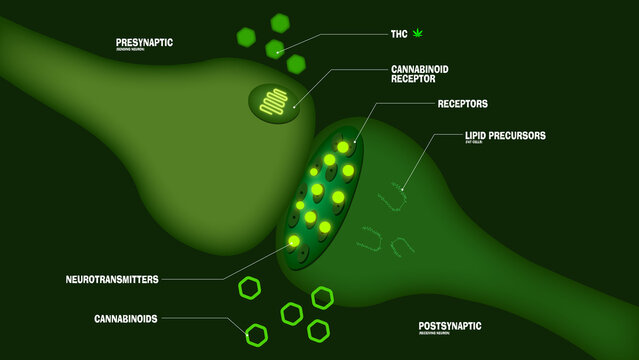How Long Does It Take CBD to Leave Your System?
CBD (cannabidiol) has become increasingly popular for its potential wellness benefits, but many users wonder how long it stays in their system. The answer depends on several factors, including dosage, method of consumption, and individual body chemistry. Let’s dive into the details to understand how CBD is metabolized and eliminated from the body.
How CBD is Processed in the Body
When you consume CBD, your body processes it through the endocannabinoid system (ECS), a network of receptors that helps regulate various physiological processes. CBD interacts with these receptors indirectly, influencing functions like mood, sleep, and inflammation without producing the intoxicating effects associated with THC.
After consumption, CBD is metabolized in the liver, where enzymes break it down into metabolites. These metabolites are then excreted through urine, sweat, and feces.

Factors Influencing How Long CBD Stays in Your System
The duration that CBD remains in your body varies widely among individuals. Here are some key factors:
1. Dosage
Higher doses of CBD may take longer to leave your system compared to lower doses.
Regular, high-dose use may also cause CBD to accumulate in your body over time.
2. Frequency of Use
If you use CBD regularly, it may take longer to clear from your system because it builds up in your fat cells.
Infrequent users are likely to eliminate CBD more quickly.
3. Consumption Method
Inhalation (vaping or smoking): CBD reaches your bloodstream almost immediately but is processed quickly, typically leaving your system within a few hours.
Sublingual (tinctures): CBD absorbed under the tongue enters the bloodstream faster than edibles and lasts a moderate amount of time.
Edibles (capsules, gummies): These take longer to process because CBD must pass through the digestive system, prolonging its presence in the body.
Topicals (creams, balms): CBD applied to the skin is not absorbed into the bloodstream, so it won’t show up in a systemic drug test.
4. Metabolism
People with faster metabolisms process and eliminate CBD more quickly.
Age, activity level, and overall health also influence metabolic rates.
5. Body Composition
CBD is fat-soluble, meaning it binds to fat cells in your body. Individuals with higher body fat percentages may retain CBD longer.
6. Other Medications
Certain medications can slow down or speed up the metabolism of CBD, affecting how long it stays in your system.
Average Detection Times
While these factors can vary widely, here’s a general timeline for how long CBD might be detectable:
Single Use: CBD is typically eliminated from the body within 2-5 days.
Frequent Use: CBD may take up to two weeks to clear completely.
Keep in mind that the metabolites of CBD may linger longer, though they do not cause any effects.

Does CBD Show Up on Drug Tests?
Standard drug tests do not specifically screen for CBD. However, some CBD products contain trace amounts of THC (0.3% or less), which could trigger a positive result, especially with frequent or high-dose use.
To minimize this risk, opt for products labeled THC-free or made with CBD isolate rather than full-spectrum hemp extract.
Tips to Clear CBD from Your System Faster
If you’re concerned about how long CBD stays in your system, here are some tips:
- Stay Hydrated: Drinking plenty of water may help flush out CBD metabolites.
- Exercise Regularly: Physical activity can boost your metabolism, aiding the elimination process.
- Eat a Balanced Diet: Healthy foods support liver function, which is critical for metabolizing CBD.
Final Thoughts
The time it takes for CBD to leave your system depends on multiple factors, including dosage, frequency of use, and your body’s unique characteristics. For most people, CBD is cleared within a few days, but its metabolites may linger longer.
If you have concerns about CBD and drug testing or its effects, consult with a healthcare provider to determine what’s best for your needs.
